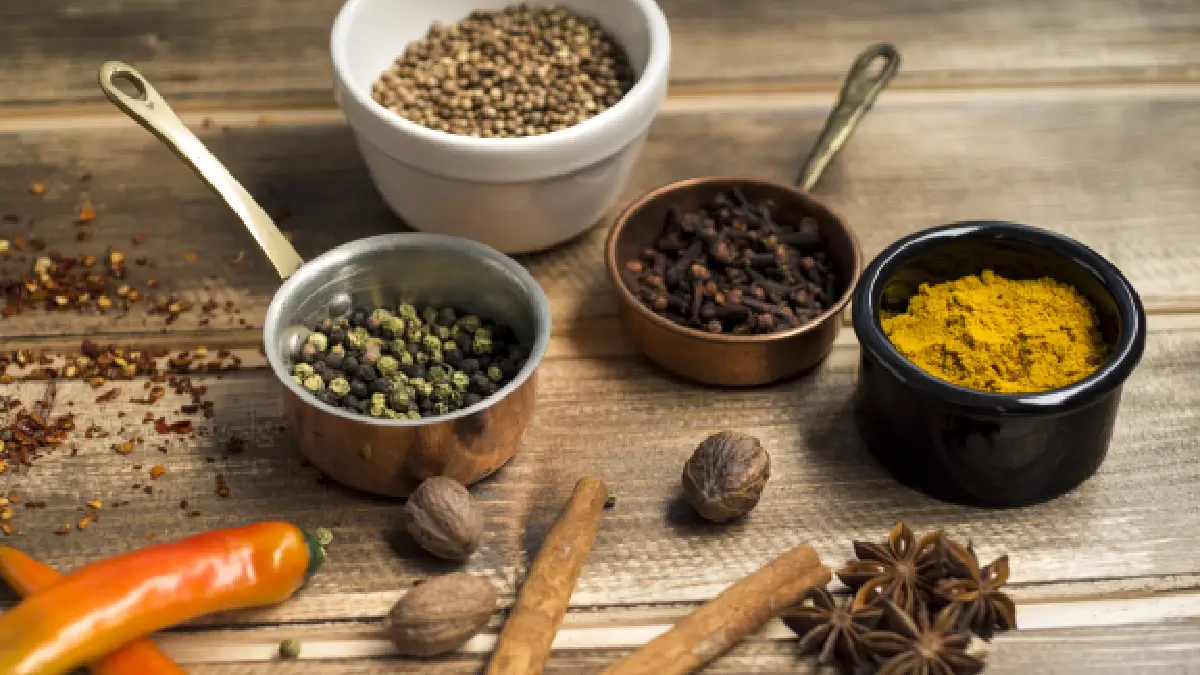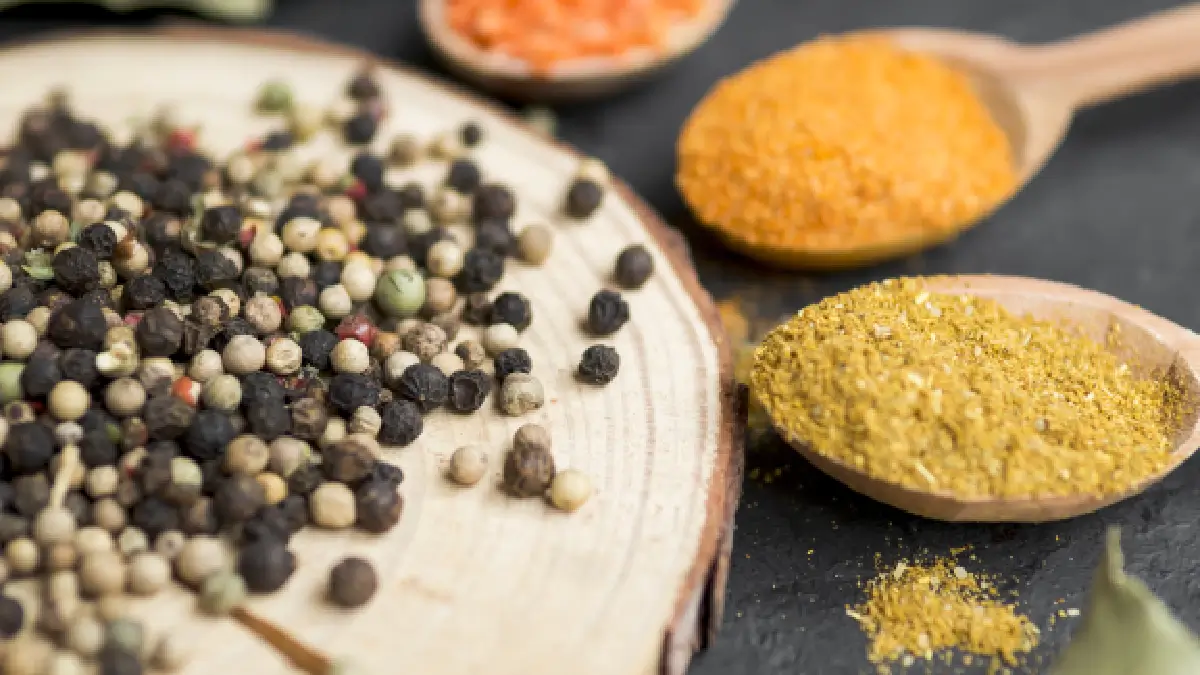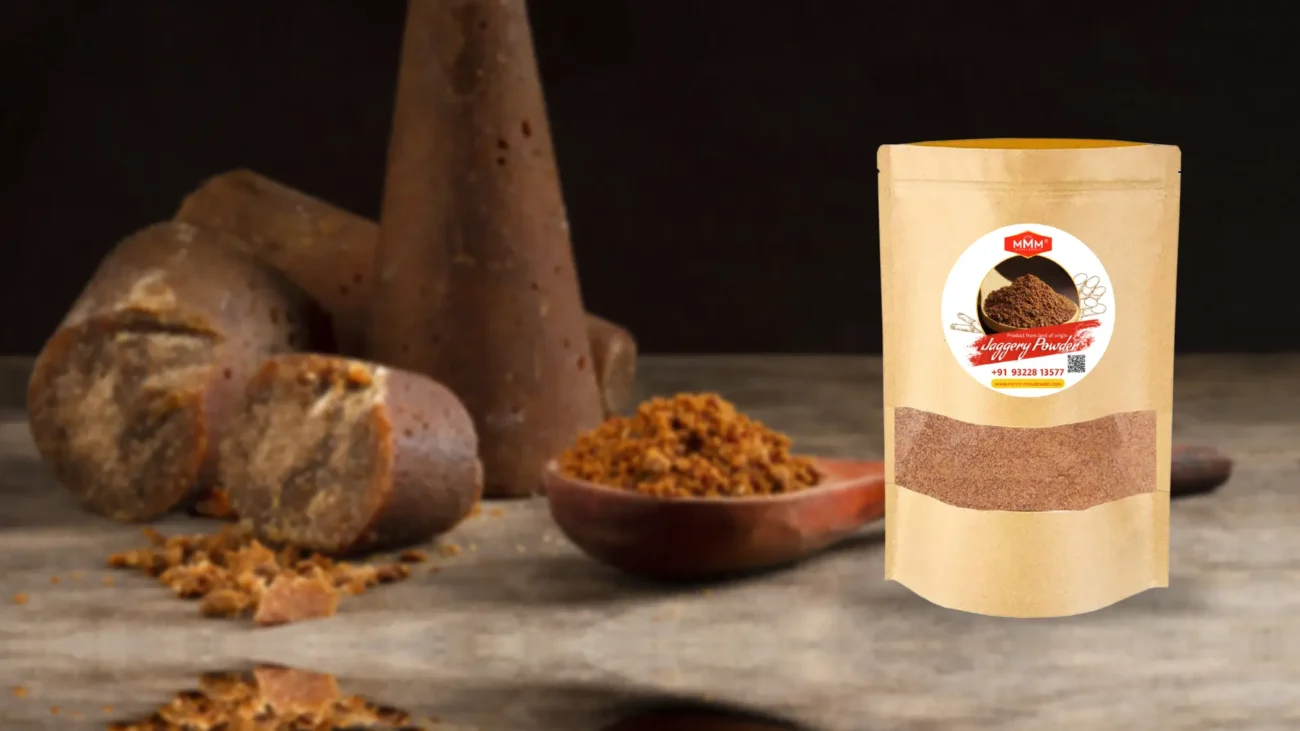Blog
3 Healthiest Indian Spices to Boost Your Health
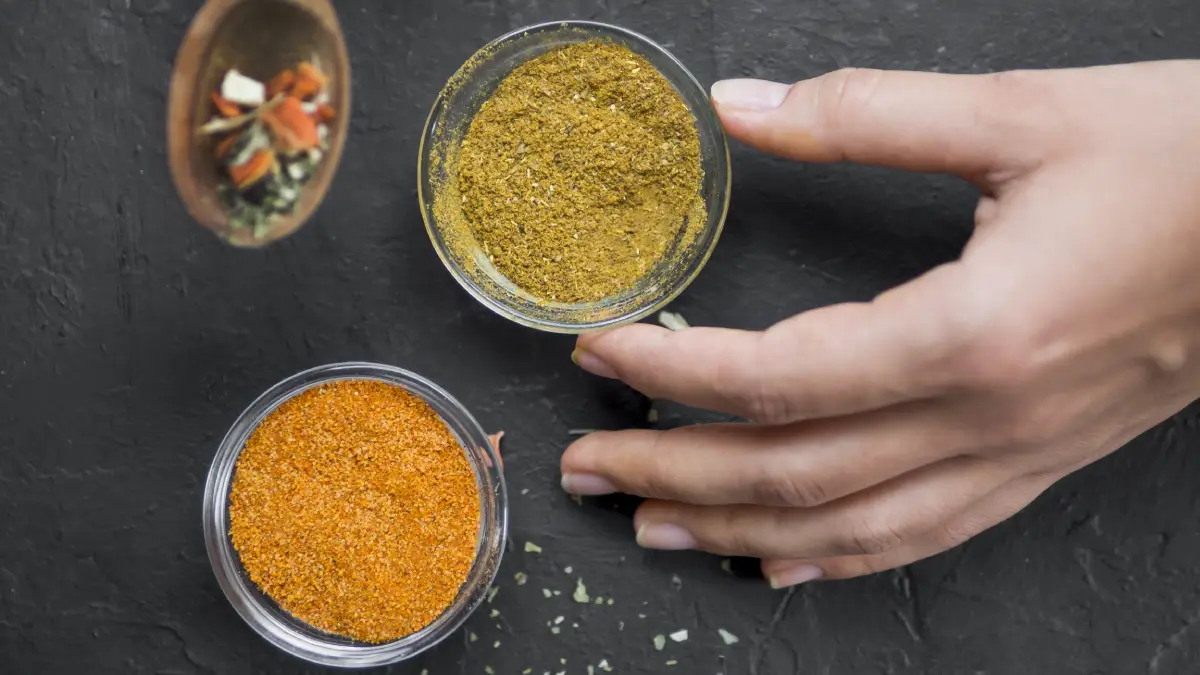
Indian cuisine is celebrated for its rich flavors, vibrant colors, and extensive use of spices. These spices not only enhance the taste of dishes but also offer significant health benefits. Incorporating certain spices into your daily diet can improve digestion, strengthen immunity, and promote overall well-being. In this article, we explore three of the healthiest Indian spices that you can add to your meals to boost your health.
1. Turmeric: The Golden Healer
Turmeric, also known as “haldi,” is one of the most revered spices in Indian cooking. Its active ingredient, curcumin, has powerful anti-inflammatory and antioxidant properties, making turmeric an excellent choice for improving overall health.

Health Benefits:
- Anti-inflammatory: Curcumin helps reduce inflammation, which can ease symptoms of arthritis, joint pain, and inflammatory bowel diseases.
- Antioxidant Power: Turmeric helps neutralize free radicals, preventing oxidative stress and reducing the risk of chronic illnesses such as heart disease and cancer.
- Boosts Immunity: Turmeric enhances the body’s immune response, making it an ideal spice for warding off infections, colds, and flu.
- Supports Brain Health: Studies suggest that turmeric may improve brain function and reduce the risk of neurodegenerative diseases like Alzheimer’s.
How to Use: Add turmeric to curries, stews, smoothies, or even golden milk for a daily health boost. A pinch of black pepper can enhance curcumin absorption, making turmeric even more effective.
2. Cinnamon: The Sweet Superfood
Cinnamon, known for its warm and sweet flavor, is a popular spice in both sweet and savory dishes. Beyond its delightful taste, cinnamon is packed with antioxidants and has powerful medicinal properties that support various aspects of health.
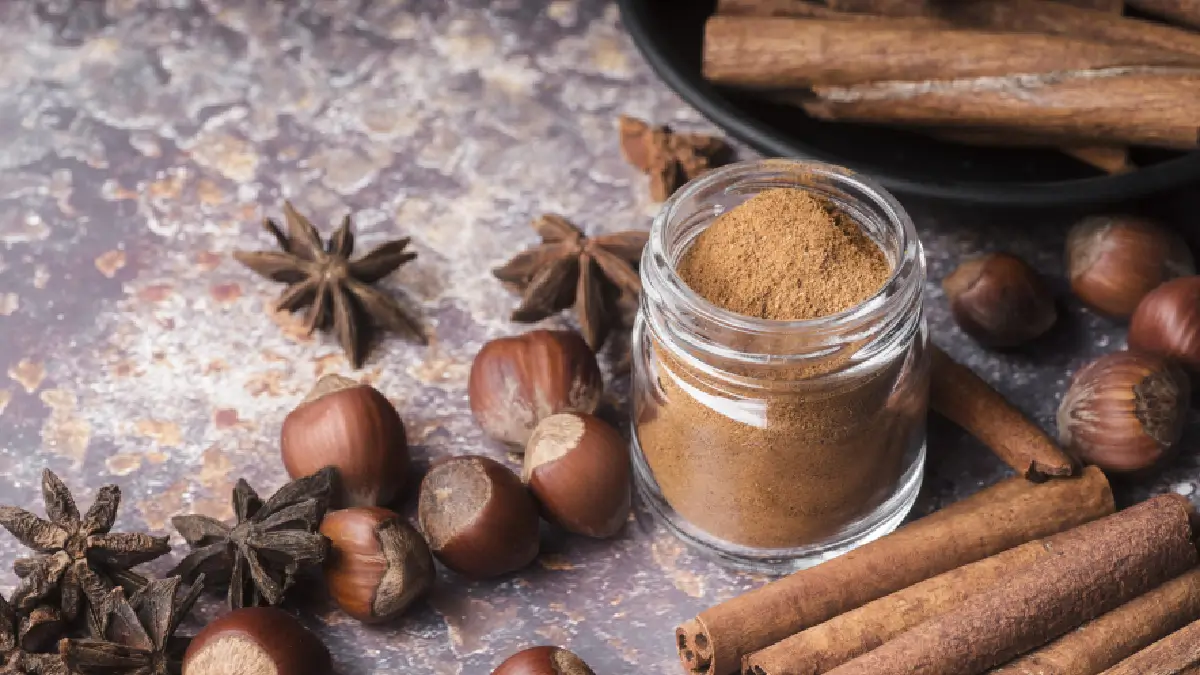
Health Benefits:
- Blood Sugar Control: Cinnamon helps regulate blood sugar levels by increasing insulin sensitivity, making it beneficial for those with diabetes or at risk of developing the condition.
- Heart Health: Regular consumption of cinnamon has been linked to lower cholesterol and triglyceride levels, reducing the risk of heart disease.
- Antimicrobial Properties: Cinnamon contains cinnamaldehyde, which has antimicrobial effects, helping the body fight infections and bacteria.
- Rich in Antioxidants: Cinnamon is loaded with polyphenols, which protect cells from damage caused by free radicals.
How to Use: Sprinkle cinnamon on oatmeal, desserts, or even coffee. It pairs well with both sweet and savory dishes, adding a hint of warmth and flavor to your meals.
3. Cumin: The Digestive Aid
Cumin, or “jeera,” is a staple in Indian cooking, prized for its earthy, nutty flavor and incredible health benefits. Cumin is especially known for its ability to aid digestion, but its benefits go far beyond that.
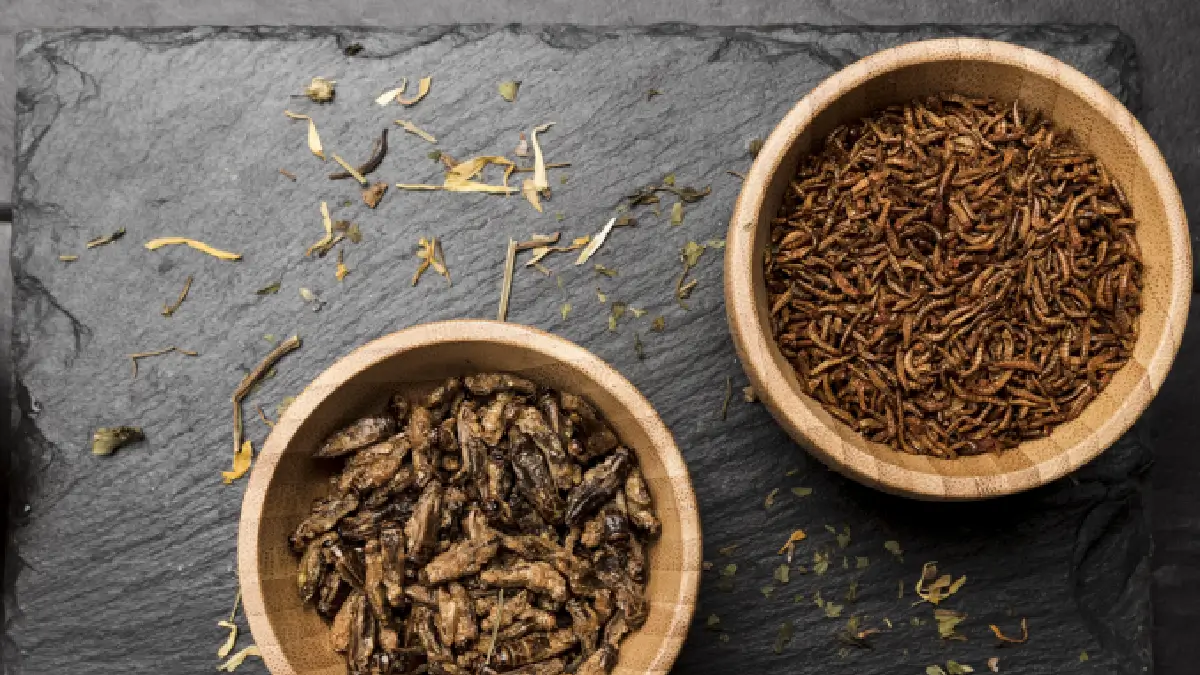
Health Benefits:
- Improves Digestion: Cumin stimulates the production of digestive enzymes, helping the body break down food more efficiently and preventing bloating and indigestion.
- Rich in Iron: Cumin is an excellent source of iron, which is essential for producing hemoglobin and maintaining healthy energy levels, especially for those with anemia.
- Enhances Memory: Studies suggest that cumin may improve cognitive function and memory retention, making it a great addition to the diet for brain health.
- Boosts Immunity: The high antioxidant content of cumin helps strengthen the immune system and protect the body from infections.
How to Use: Use cumin in seasoning blends, curries, or soups. Roasting cumin seeds before adding them to dishes can enhance their flavor and health benefits.
Conclusion
These three Indian spices—turmeric, cinnamon, and cumin—not only add flavor to your food but also offer remarkable health benefits. Incorporating them into your daily meals can support digestion, boost immunity, control blood sugar, and promote overall well-being. A diet rich in spices can be both delicious and healthful, so start experimenting with these nutritional powerhouses today.




